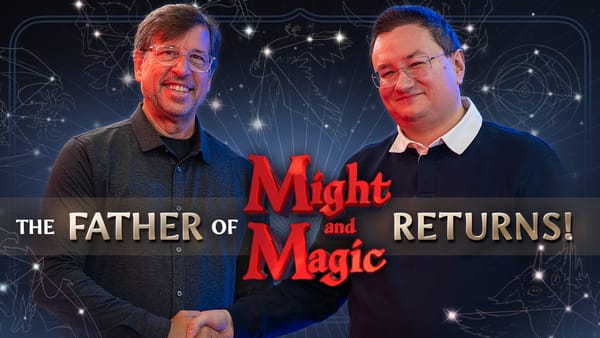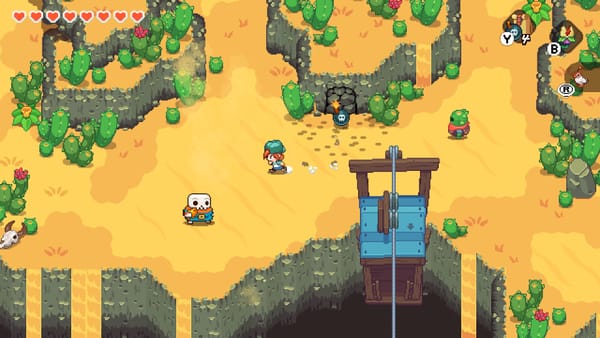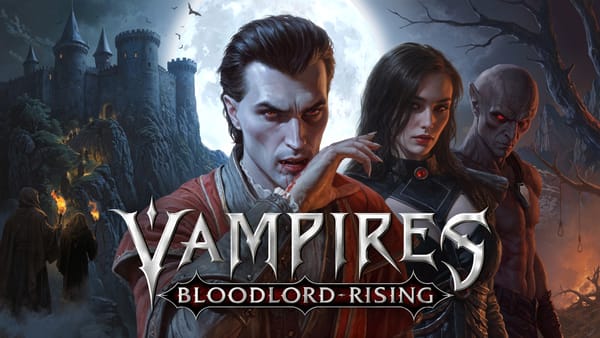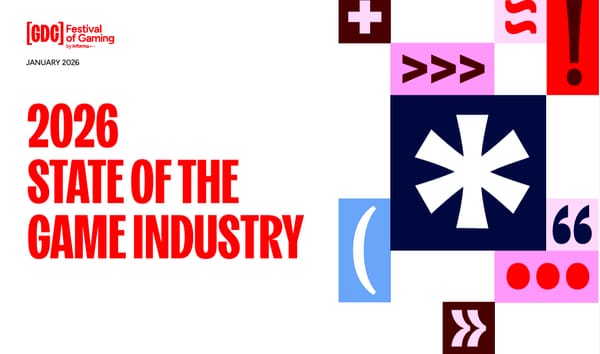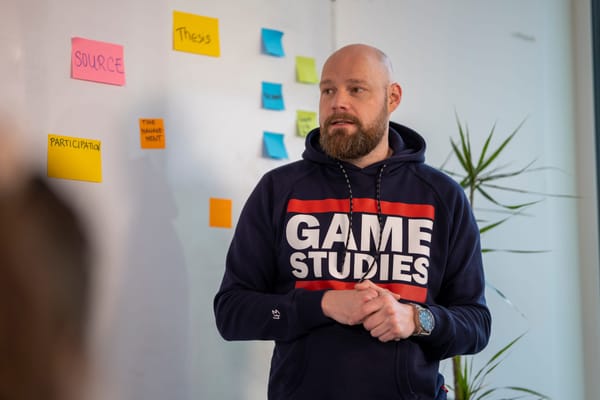Nina Kiel: "It is Crucial to Keep Protesting"


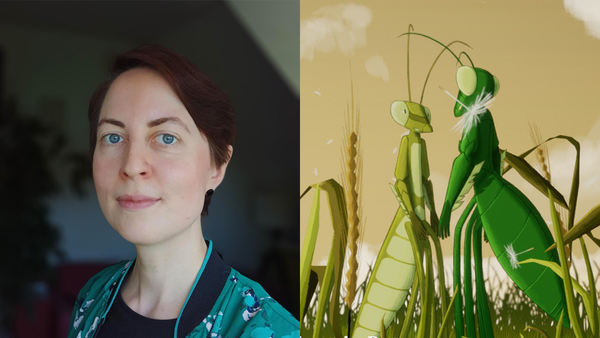
The current campaign against adult games is only the tip of the iceberg. We talked to game developer, journalist and NSFW game expert Nina Kiel about their petition, protest against payment processors and the right of 'obscenity' to exist within culture and art.
Nina Kiel ist a journalist, game developer and one of Germany's preeminent experts on adult games. Additionally, Kiel started a petition (we reported) by culture workers and journalists against the current deplatforming of Adult content from many digital stores. We talked to Kiel about the current matter, the status of sexually explicit games and their own work in light of recent developments.
Many people don't know much about adult video games. Could you give some examples of their value for culture?
First, I would like to emphasize that games, like other media products, do not have to have or prove cultural value in order to justify their existence. Pure entertainment has a right to exist. Even so-called “obscenity” has a right to exist. That being said, I do believe that interactive pornography in particular can be valuable because it allows people to further explore their sexuality in a safe environment through experimentation. By playing adult games, I have learned a lot about myself.
Of course, it's important to discuss and critically evaluate what is being shown in the media. It's also crucial to educate adolescents about the differences between porn (or fiction in general) and real sexual relationships. Unfortunately, more and more people are instead advocating for restrictions or bans of content they deem unacceptable.
What are the reasons for the deletions of the games in your opinion? To what extent would you judge them to be (un)fair?
The current development is a result of some people, whether they sit on the board of a company or a non-profit organization, thinking that their personal values should be the measure of all things. This is not only unfair, but absurd. If we use subjective moral standards as a yardstick, we quickly end up in a chaos of contradictory values and arbitrary restrictions on freedom of expression.
You have started a petition; what can consumers do besides signing it if they disapprove of this development?
Above all, they can become aware of their power as consumers and use this power to take a confident stand against companies. Fortunately, this is already happening: Since Steam suddenly added Mastercard's arbitrary and vague content guidelines to its terms of service, resistance has been stirring online. In the first few weeks, thousands of people contacted the payment service provider's hotlines every day, wrote emails and letters, and shared tips on particularly effective communication – and many of them are still very active.
However, it's important to note that the power consumers hold dwindles in the face of global monopolies. Payment processors like Visa, Mastercard or PayPal are often the only payment options available, especially to creators and consumers of adult content. These companies being aware of their market position makes them less receptive to consumer feedback or even boycotts. Simply put: They know that enough people depend on their services so they can comfortably ignore backlash, at least to a certain point. That’s why it is crucial to keep protesting.
The campaign against mature content in games reportedly stems from an Australian anti-pornography group. The group in turn apparently used a controversy surrounding ‘No Mercy’ as a bone of contention, a game that many observers initially found easy to agree should be banned because it depicted non-consensual rape scenarios. Why is what is happening now a worrying development?
To be honest, I find it highly questionable that calls for bans are made this quickly when it comes to so-called ‘extreme’ content. When the debate about ‘No Mercy’ flared up and the wave of outrage spread further and further, it quickly became apparent that almost no one who spoke out publicly had actually played the game. Instead, hearsay and a great deal of misinformation was spread. Even journalists and influential organisations shared the rumours and called for bans.
Apparently, no one stopped and asked why journalistic due diligence was suddenly suspended in this case. Or whether personal sensitivities should really be a basis for interfering with freedom of expression
When neither science nor the law are used to define guidelines, we have a problem. Because then the boundaries of what is reasonable and permissible can be shifted arbitrarily, any time. And as a consequence, game developers may stay clear of an increasing number of “difficult” topics, as being denied access to certain payment processing and distribution services can quickly lead to financial ruin.
While protest has been strong from the start and seem to grow still, Steam is adding ever more oppressive terms of use for Adult games still. Itch on the other hand is trying to ease in Adult games again through ways the payment processors do not control. Do you think the time of Adult games in big storefronts is over again and they are relegated to smaller stores once more? It would not be the first time that Valve bans sexual content from Steam, after all.
It’s possible. At the same time, I would not be surprised to see Valve change their stance yet again, most likely if the guidelines currently in place are suddenly applied to AAA games as well. As has been pointed out by several critics in the last months, major successes like Baldur’s Gate 3 or Cyberpunk 2077 would have to be removed as well, as they do not comply with e.g. Mastercard’s terms of use. Despite being a big market, adult games don’t receive much attention and banning them might not put enough of a dent in Valve’s revenue to encourage them to push back. But should blockbusters also be affected, I’m sure the situation would be very different.
What’s new – and very unfortunate – is itch.io deindexing and demonetising games. The platform has long been perceived as a safe haven for adult, queer and experimental projects, but just like any other company, it has to play by the rules of the system it operates in. I think the best possible outcome for the time being would be itch.io finding payment processing services with less restrictive terms of use, which its team is currently working on. In the long term, new platforms may appear and perhaps disappear again, but it’s difficult to predict a future for an industry sector as notoriously fluid as adult game development.
In how far is your own work affected by the recent bans on adult games?
I am mostly affected by the current developments as a journalist. Together with my colleague Gloria Manderfeld I run the only German-language podcast that focuses on adult games, and losing access to relevant titles makes our work much more difficult. As a game developer, I am limited by the fact that the distribution of adult games – or, for example, educational games that focus on sex – is obviously extremely challenging . Guidelines are constantly changing, there are hardly any distribution platforms, and coverage of adult games is also rare, making it more difficult to find an audience . I have a number of game ideas which might never see the light of day since they would likely generate little to no profit because of these barriers. And I simply can't afford to do more work for free.


